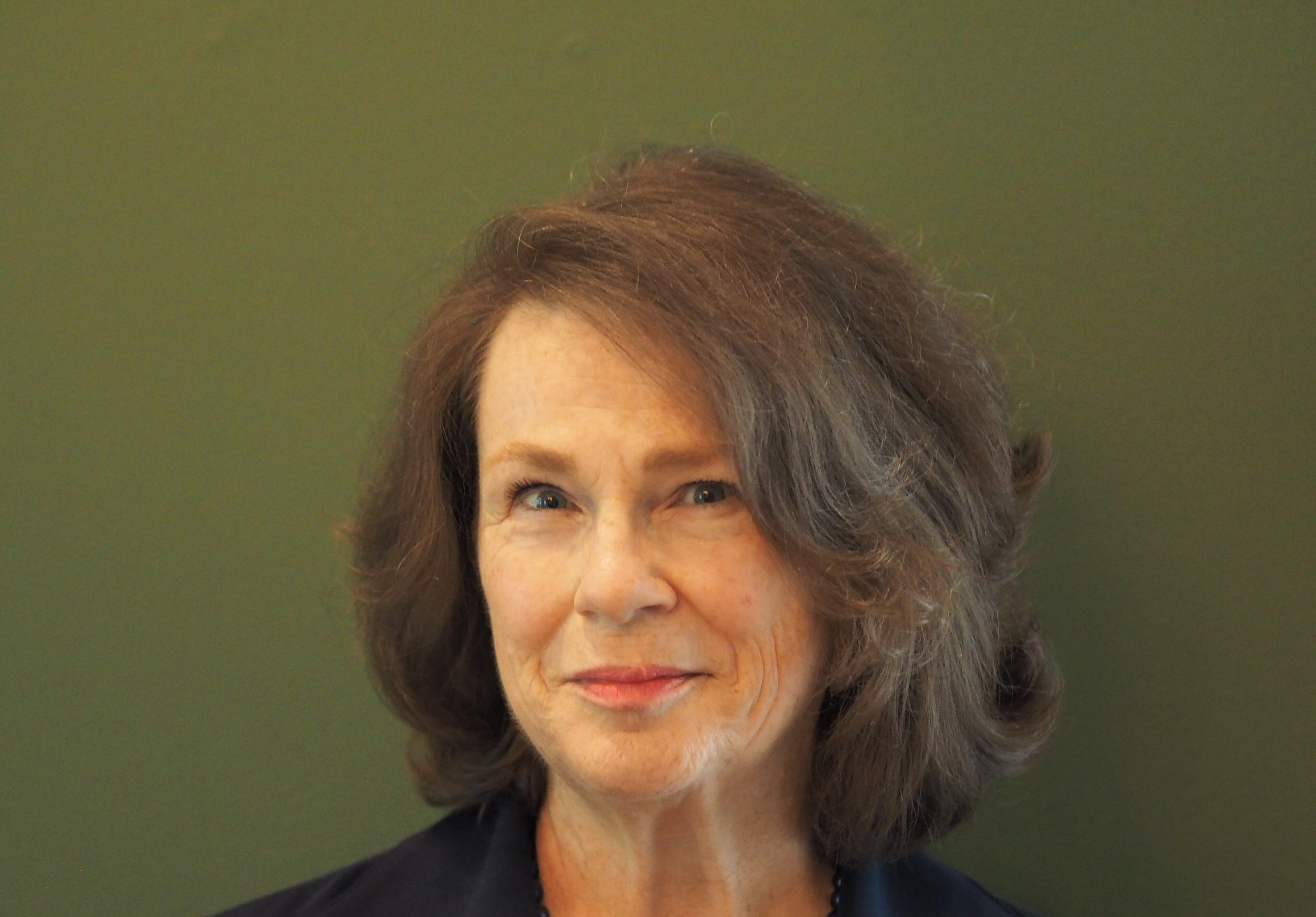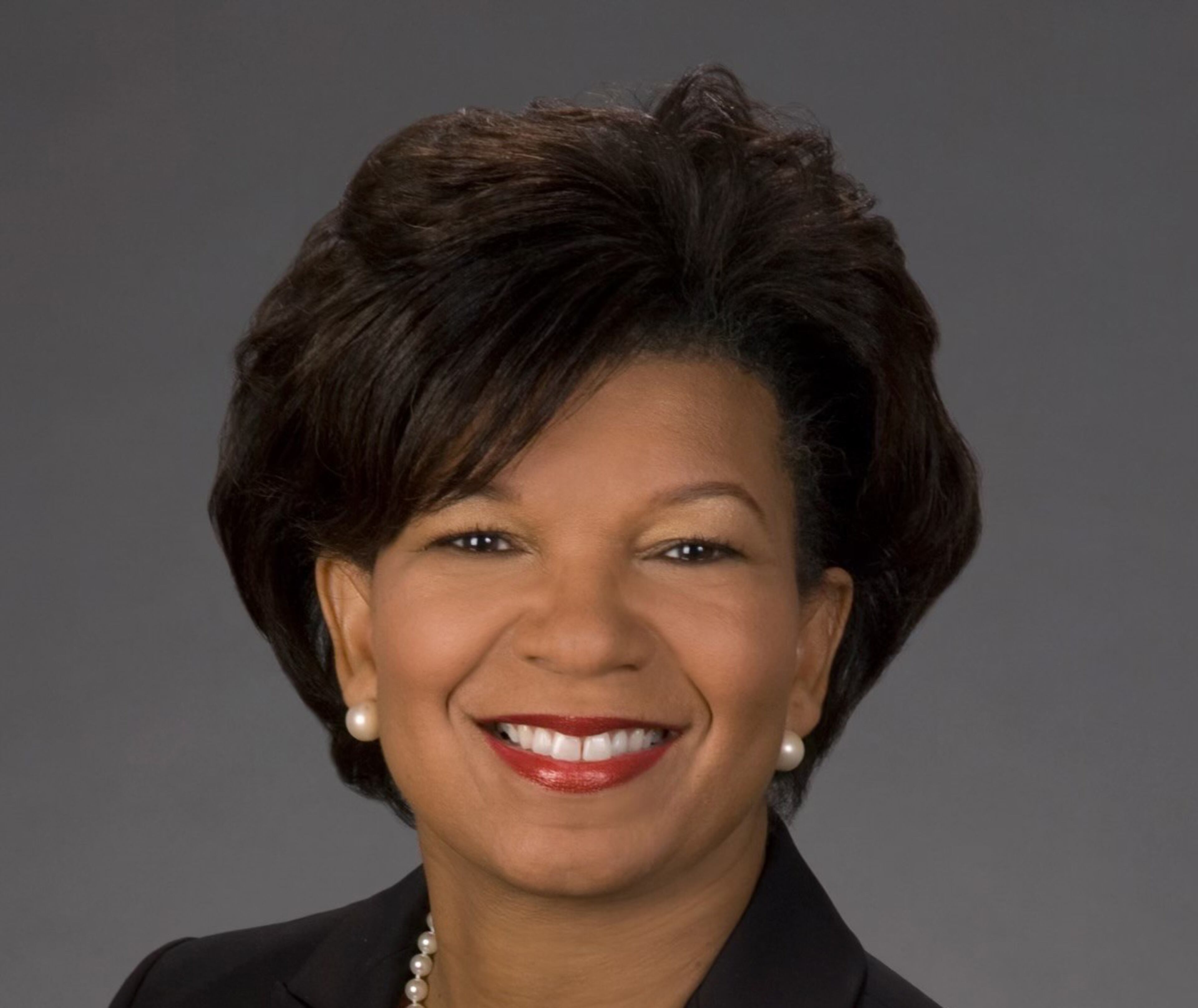
Native Georgian and former President Jimmy Carter was right when he said, “the abuse of women and girls is the most pervasive and unaddressed human rights violation on earth. Women’s inequality has profoundly affected our world.”
Another Georgia native, Michelle Nunn, CEO of CARE, cites a 2021 McKinsey study which noted that in the U.S. alone, “unlocking women’s economic potential in the workforce over the coming years could add $2.1 trillion in GDP by 2025.”
But the pandemic happened, and while the pandemic has been difficult for many, it’s been especially hard on women. Many of the gains – economic, education, workplace and so many more – that women had made globally were wiped out in a matter of months.
Here in the United States, according to the Bureau of Labor Statistics, since February 2020, just before COVID struck, women have lost nearly 6 million net jobs. The unemployment rate for Black women was twice as high during the pandemic and it’s the same with Latinas.

Those women who were able to work from home were far more likely than men to take on the responsibility of teaching the kids who were at home, as well as cleaning house, cooking and taking care of aging parents.
How have women responded to this crisis that has upended their lives? By and large with resilience – defined by Webster as “an ability to recover from or adjust easily to misfortune or change.” Legions of women have turned their setbacks into opportunities by starting their own companies. Gusto, a human resources platform firm, reported that 49 percent of those starting a business during 2020 were women, up from 27 percent in recent years. Of those new businesses in 2020, 11 percent were created by Black women, compared with 3 percent in recent years.
Talk about resilience!
As the world celebrates International Women’s Day on Tuesday, March 8, many Atlanta-based organizations, including the International Women’s Forum, CARE, the Carter Center and the Atlanta Women’s Foundation, are not only celebrating the day but telling the stories of resilient women and getting the word out on how people — that means you! — can help promote the well-being of women in metro Atlanta and around the world.

Paige Alexander, CEO of The Carter Center, tells the story of a woman in Bangladesh who – thanks to the Carter Center’s program to help women access information – successfully requested that the local government provide a water tank that now affords the whole community with clean drinking water.
Locally, we hear the story of Sahar who immigrated from Egypt and worked with a grantee partner of the Atlanta Women’s Foundation for resources and training to start her own catering business. Or the woman in Southeast Atlanta whose husband lost his job, and she now owns and operates an award-winning childcare facility.
We’re willing to bet that you don’t have to go far to find other examples of resilient women — working two jobs, going back to school, starting a business — to keep a roof over her head as well as her children’s. When women succeed, the world succeeds.
Many studies show that when women have good jobs, children are well-fed and have better access to healthcare and education. Communities thrive when women thrive. Yes, we have made gains, but we still have a long way to go. Many of those gains are fragile and being threatened, not only in countries such as Afghanistan, but right here in this country.
But while women are resilient, there are ways that we all can accelerate the journey.
Become a part of International Women’s Day events. Fight biases against women. Stand up for women’s rights when they are being threatened. (Yes, you!) Support businesses and organizations that help women. Support women-owned businesses. Support angel investors who fund women with money and mentoring so they can succeed in business and in life. Support a woman you know — even if it means volunteering to watch her children while she goes on a job interview, cooking a casserole to help her stretch her budget or simply asking if she needs anything.
To sign up to volunteer or for resources on how to help, go here: https://www.iwfgeorgia.org/iwd-2022.html and https://www.iwfgeorgia.org/iwd-resource-guide-2022.html.
At a time when women’s rights and economic progress are under threat, it isn’t only women who must be resilient. It takes the whole community to fight back to ensure a better future for all of us.
Mary Ann Peters is former CEO of the Carter Center and a former ambassador and diplomat. Grace Jackson is senior vice president, Regions Bank private wealth management banking.

